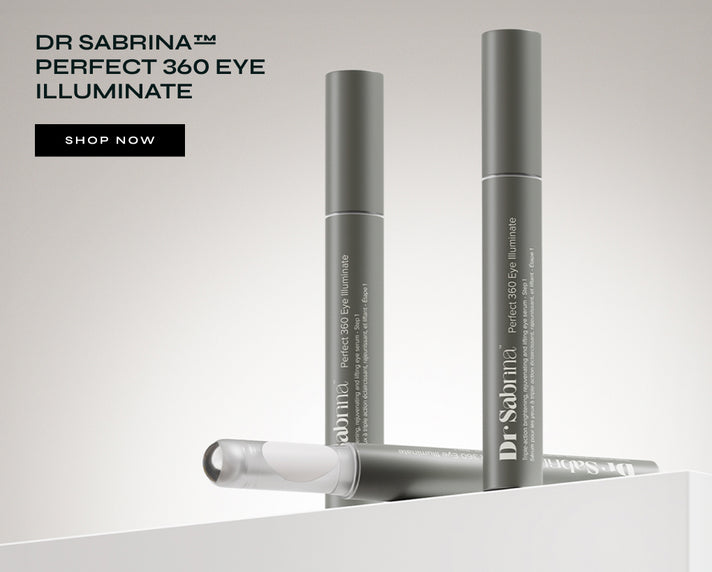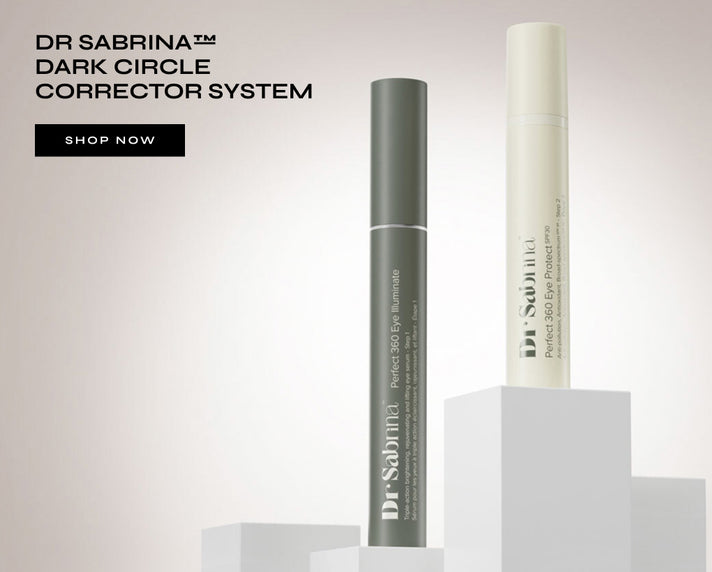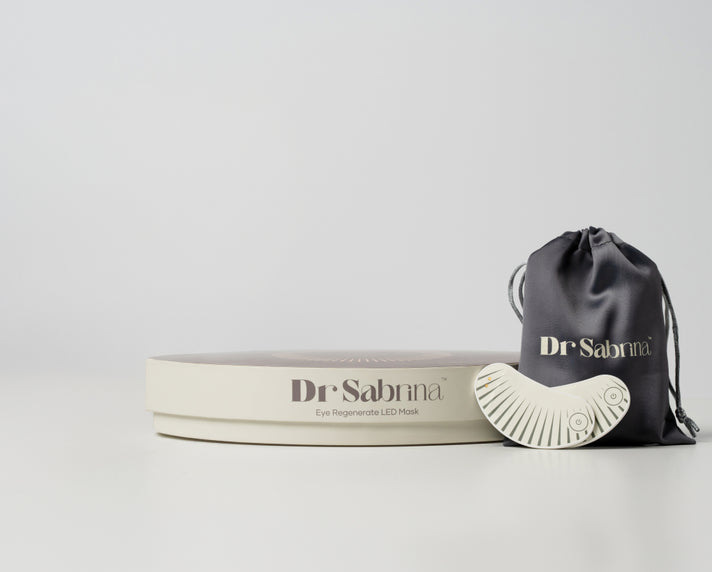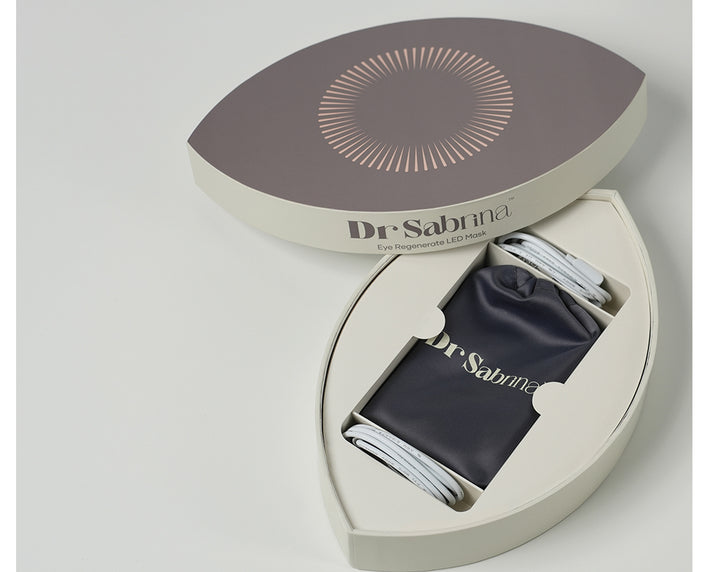
Ever stood in front of the mirror looking and thinking, What color are my eyes?
Perhaps your eyes appear blue outside during the day, green indoors, or a combination of both, based on what you're wearing. You're not alone, everyone does this daily because the answer isn't always black and white… or even brown and blue.
The intriguing reality is that the colours of our eyes are more intricate and individual than we know. And though we habitually categorise them as "green," "blue," or "brown," contemporary science finds that eye colours enjoy a complete palette, occasionally even shifting with time.
Why It’s So Hard to Tell What Color Your Eyes Are
If you're searching repeatedly on Google for 'what colour are my eyes,' it may be because your eyes don't exactly fit into a category. Some eyes appear blue but contain flecks of amber, while others look green during the day but take on a hazel hue at dusk. This is because many things determine eye colours:
- Lighting: Natural versus artificial light can make all the difference.
- Clothing: The colour you wear reflects on your eyes.
- Surroundings: Backgrounds can contrast or complement your eye tone.
- Pupil size: Dilated pupils may make eyes appear darker.
This diversity encourages many to try out resources such as an eye colour chart, which offers a helpful guide to finding your nearest match among various eye colours.
The Science Behind Eye Colors
Your eye colour is genetic. More precisely, it is a matter of the quantity and distribution of melanin in the iris. Although brown is the most frequent of all eye colours, colours like grey, blue, and green are less frequent because there is less melanin.
So, what colour are my eyes if they change colour every day? This is called "central heterochromia" when the eye is more than one definite colour. For instance, blue-green eyes are a common outcome of this gorgeous mixture.
Use an Eye Colour Chart to Identify Your Shade
An eye colour chart is a useful tool for grasping the subtleties of your eyes. These charts usually show various eye colours along a spectrum, ranging from light blue to dark brown. It allows you to compare subtle shades such as hazel-green or blue-green eyes, steering you towards a more precise label.
Although these tools are fantastic, keep in mind that your eyes won't be an exact match to a chart, because they're yours.
The Science Behind Eye Colours
Below is a breakdown of how widespread different eye colours are on the globe:
- Brown eyes – Approximately 79% of the global population.
- Blue eyes – 8-10%, more commonly found in Northern Europe.
- Green eyes – 2%, among the rarest.
- Hazel/Amber/Grey – 9-10%, with much variation.
So if you're lucky enough to have blue-green eyes or hazel eyes, you're in a less common group. That makes determining what colour my eyes are that much more exciting!
How Eye Colours Can Affect Your Appearance?
Did you know your eye colours can also determine the way makeup sits on you? Or the way your eyes look tired or bright? For instance, applying a good dark circle corrector can immediately make the eyes appear lighter and brighter.
Similarly, selecting eyeshadow colours that complement your blue-green or hazel eyes can make them appear dramatically different.
Ask Yourself: What Eye Colour Do I Have?
If you find yourself asking, What eye colour do I have?, try these tips:
- Check in various lighting: Use natural light, artificial light, or pictures with flash.
- Compared to family: Eye colour is hereditary—your parents or siblings may have clues.
- Check for flecks or rings: Your eyes may have hints of gold, grey, or green.
Occasionally, the colour falls between two shades. That's when an eye colour chart can be a useful guide, not a definitive decision.
Do Eye Colours Change Over Time?
Yes, especially in babies. Most are born with blue or grey eyes, but melanin increases with age, which can shift the colour to brown or green by age three. Even in adults, hormonal changes, medications, or trauma may subtly alter eye colours.
This dynamic nature is one reason why the question 'What colour are my eyes?' remains such a common question, even among adults.
How to Highlight Your Natural Eye Colour?
Prefer your eyes to pop? These are a couple of tips:
- Eyewear: Frames or tinted lenses that contrast with your iris colour can make your eyes stand out.
- Makeup: Apply eyeshadow colours that are opposite your eye colour on the colour wheel.
- Lashes: Thicker lashes surround the eyes. Check out the Different Types of eyelashes for the best look.
These small adjustments can help release the actual depth and richness of your eye colours, making them impossible to miss.
Eye Colours & Eye Shapes: A Dynamic Duo
Your eye colour isn't the only reason your eyes are unique. Your eye shape is also a big contributor. Almond, round, hooded, and monolid are all shapes of eyes, and all are yours. Your Type of eye shape can determine how much of your iris you reveal and how people perceive your eyes.
So, knowing both sides provides a complete picture of your eye beauty.
Final Thoughts
If you've been asking yourself what colour my eyes are, you're not alone—and now you have the tools to finally answer that question with confidence. Whether your eyes are a captivating blend like blue-green eyes or fall somewhere on the rich brown spectrum, every shade is unique and beautiful.
Factors like lighting, genetics, and even the types of eye shape you have can influence how your eye colour appears to others. Use an eye colour chart, observe your eyes in different environments, and most importantly, embrace the individuality that your eye colours bring. After all, no two eyes are ever the same.
FAQs
1. Is eye colour able to change naturally with age?
Yes, eye colour may change due to age, hormone levels, or health reasons.
2. Are blue-green eyes uncommon?
Yes, blue-green eyes are relatively uncommon, particularly in comparison to brown or pure blue eyes.
3. Is there a device to guide finding what colour my eyes are?
An eye colour chart is often employed to determine and match colours.
4. Do clothes and lighting impact the way my eye colour appears?
Yes, various lighting and clothing shades can darken or lighten your natural eye colours.
5. Are all colours of the eyes hereditary?
Yes, but several genes contribute to your eye colour, making it individual even among brothers and sisters.













